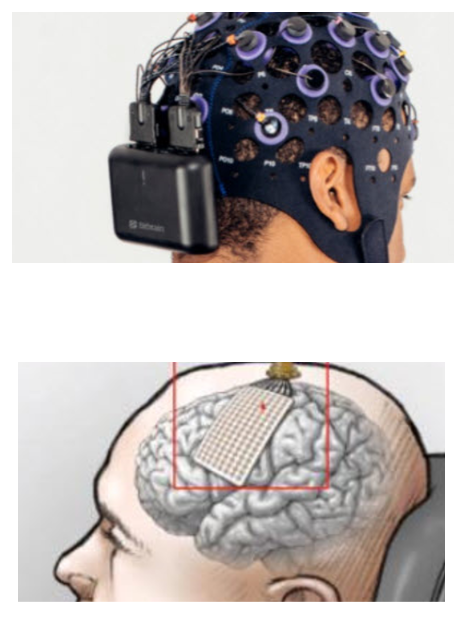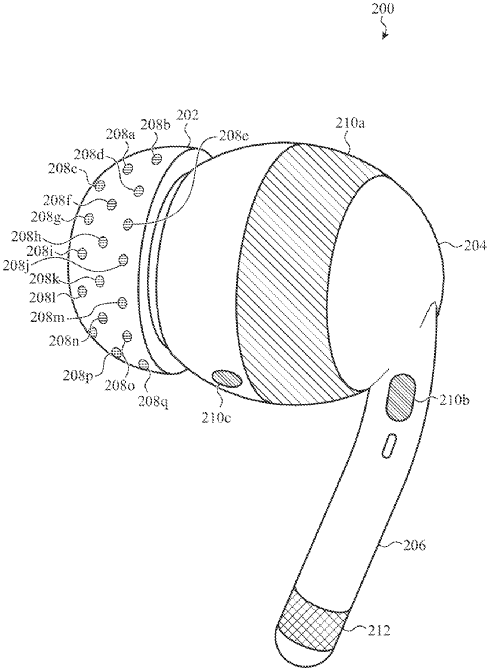As expected Congress has used a “Fake video” of Mr Amit Shah to falsely claim that Mr Amit Shah has stated that if it comes to power, BJP will remove reservations to SC/ST etc. Actually he had said that BJP will remove the unconstitutional reservation given to Muslims on the basis of religion.
This was not a simple fake video like the Rakshita Mandanna case which was a case of personal reputation damage to a celebrity. In another instance, Rahul Gandhi’s video was modified to remove words about “Hindustan’s Ka …” when he was referring to redistribution of wealth .”Removal of some portions of the video” is also a fake video meant to alter the meaning of the electronic document.
On the other hand the Amit Shah video included removal of a portion and re-arrangement to some extent.
I am certain that before the election is over, we will have an even more dangerous fake video in the name of Mr Modi himself which may be created for the purpose of filing a complaint with the election commission. We will come to know only if such videos come to public but if they are being circulated in private circles of voters, we will ever come t know.
It is important that NIA should take over the Amit Shah case and investigate since this is a gross violation which includes Section 66, 66C, 66D and 66F of ITA 2000 besides some IPC sections. It also involves conspiracy since it was distributed. Section 79 and Section 85 may also be invoked to fix the liabilities of the intermediaries who facilitated the distribution of the video.
Mr Revant Reddy may not be directly responsible, but is definitely carrying the vicarious liability and should co-operate in the investigation.
The investigation should be carried out immediately (as is being done) so that culprits are put behind bars before the next phase of elections.
In this context I want to recall the Mumbai High Court judgement in the case of Kunal Kamra where one judge did not see the danger of the fake news and did not uphold the right of the Government to at least call out fake news distributed in respect of the Government bodies.
Judges have their own biased views and often their judgements are not based on neutral evaluation. The judgement on Kunal Kamra case was one such instance which was however saved to some extent by one of the judges taking a right stand. But this was sufficient for the Supreme Court to stay further action by the Government and the media to keep blaming the Government.
Now the WhatsAPP case is before the Government and the lawyers are already speaking falsehood and creating the ground for the Judges to give wrong judgements. I wish the Judges be aware that technology is being not only misused by people but are also mis represented in the Courts.
For example, WhatsApp is arguing that if they agree to “Identification of the original forwarder of a message”, it has to break the encryption and therefore the Privacy of the message. This is falsehood and the petitioners have to be castigated for making such wrong claims.
Adding a header information to an encrypted message is not breaking the encryption of the message. It may require some technology changes but is not to be considered as impossible. Hence the Court should not accept this false argument.
Instead, Court should ask WhatsApp why their grievance redressal system requires customers to go to US courts/Arbitration and not settle it within the Indian jurisdiction and why they have different privacy policies for EU, US and India?
If WhatsApp threatens to leave India, it only shows their arrogance. To some extent Courts are responsible for this arrogance since the Supreme Court and several High Courts have honoured WhatsApp in the past with recognition of the blue tick etc. and become dependent themselves.
The dependency of India on WhatsApp as a messaging platform is not desirable and is a national risk. Just as there was movement against Zoom at one point of time (which was not justified fully), monopoly of WhatsApp must be broken by encouraging indigenous solutions.
This should be possible even with the preservation of end to end encryption from the user to user which is more effective than the device to device encryption currently used by WhatsApp (with an ability for itself to decrypt if required.).
The messaging platform needs to become a carrier of message only and whether the payload is encrypted or not should be the choice of the messaging parties. Use of two key encryption should be actually more effective than the current device to device encryption.
Hopefully the Courts will treat these technology related cases with an admission of their own ignorance and offer apologies when they make a mistake. One such apology is due from the Mumbai judge who did not foresee the dangers of fake news.
Naavi
Also read:












